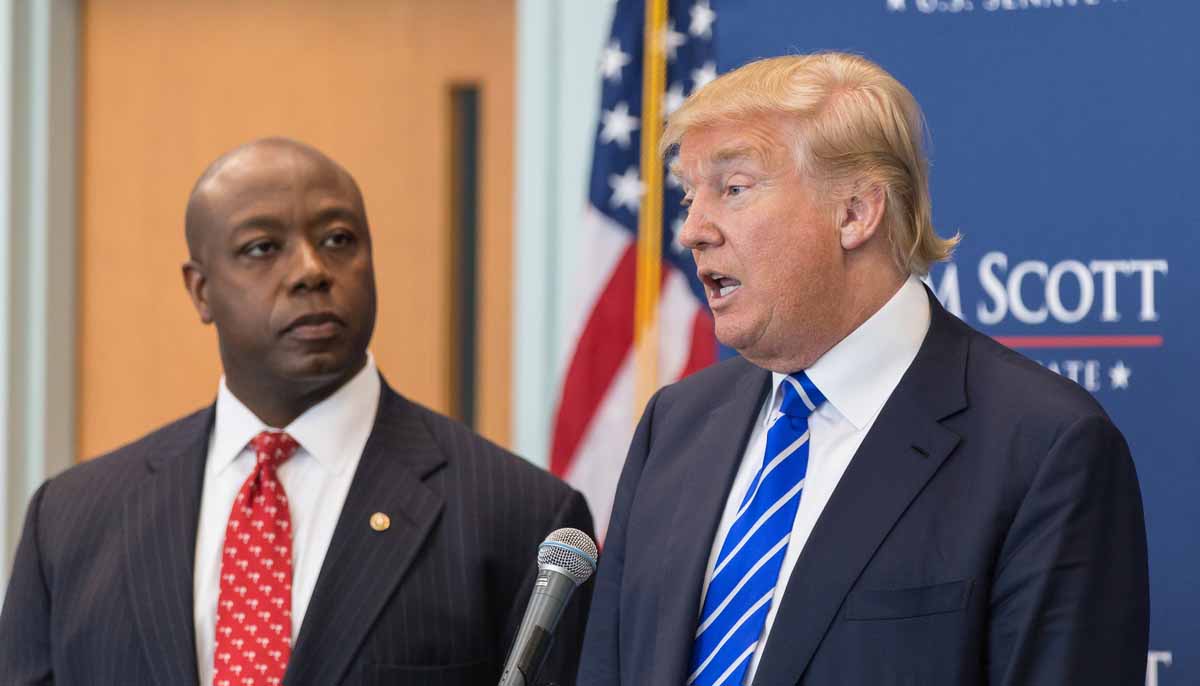Shutterstock
In a surprising twist, GOP Senator Tim Scott has broken with Donald Trump on the issue of mail-in voting. In remarks on Tuesday, Scott publicly stated that he believes mail-in ballots will “work out fine”. This is a departure from Trump’s insistence that, should he lose the election, it will be because of mail-in voter fraud.

“I have a lot of confidence in our electoral process,” Scott told reporters on “The Today Show”. The South Carolina politician continued, “I’m very confident that we will have fair elections throughout this country”.
Several of Trump’s political opponents have reacted with alarm to his rhetoric regarding election fraud. Trump has repeatedly claimed that it is impossible for him to lose the election unless he is defrauded by a scam. This has led politicians like Vermont Senator Bernie Sanders to raise the alarm that Trump is trying to undermine the election. Should the president not be reelected, Sanders fears he will claim the election results are wrong and remain in office.
Tim Scott’s insistence that he trusts the process was a breath of fresh air for his colleagues across the aisle. Scott, likely reading the trepidation from Democrats, was quick to reaffirm his belief in the electoral process. Since experts have shown evidence that vote-by-mail is not more prone to fraud than regular voting, Trump’s bizarre conspiracy theory rings hollow for many people.
Experts expect huge numbers of people to use mail-in ballots this year. This is due to a combination of factors, but primarily the COVID-19 pandemic. Another factor is ongoing “get out the vote” initiatives being undertaken by both campaigns. Ironically, Trump’s campaign has encountered some resistance in getting supporters to mail in their ballots.
Even in situations where the voter would be better off by using mail-in voting, the Trump campaign has found some voters unwilling to engage in this common type of voting. Their reasoning? They believe that mail-in voting is susceptible to “rigging.”
This is in spite of the fact that mail-in voting is, mathematically, as secure as a cloud network system. States have processes for verifying their mail-in ballots and making sure the same person doesn’t vote twice. In the rare events that mail-in voting fraud does occur, it’s typically on accident. In either case, the president’s insistence on the fraudulent nature of mail-in voting could depress turnout of the voters he needs the most: his dedicated base.